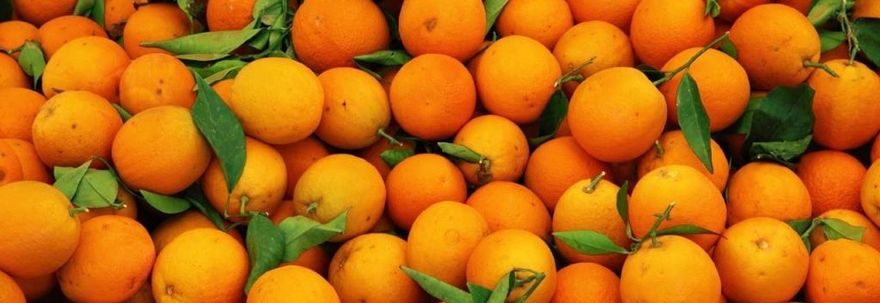The Spanish citrus sector is going through a delicate situation due to the low prices at which the fruit is being paid. A crisis that manifests itself with its maximum harshness in the orange campaign. In the field, prices at origin have plummeted to 0.09 euros/kg and do not cover the expenses of the citrus grower. And to this situation we must add the significant escalation of production costs. This is translating into the fact that currently a lot of oranges are staying on the trees or on the ground without being harvested due to the lack of profitability.
The origin of this disaster is the massive entry of citrus from third countries, until almost December. There has been a displacement and even substitution in the markets of community citrus production by imports mainly from South Africa in the first half of the campaign. And in January the competition from Egypt will play a very important role in the development of the second part of the exercise.
This campaign has had its peculiarities. In July 2021, South Africa experienced a wave of looting and serious riots, and in addition, the South African state-owned railway, port and pipeline company confirmed a cyberattack that affected its entire IT infrastructure. The logistics company was forced to stop operations. These two factors slowed down the arrival of South African citrus to the European market.
However, according to industry sources, once the problems were overcome, South Africa recovered its export dynamics and concentrated its shipments in the months of September and, above all, October, saturating the European market.
The report from the Ministry of Agriculture monitoring citrus imports by the EU states that in October 2021, 181,593 tons of oranges were imported from third countries, which is the highest number in the last eight years and an increase of 72.2% compared to 2020. This high volume of supply has caused the saturation of the market and the South African orange has remained on European shelves in November and December, entering into direct competition with the Spanish fruit, displacing it from the market, and sinking the prices.



